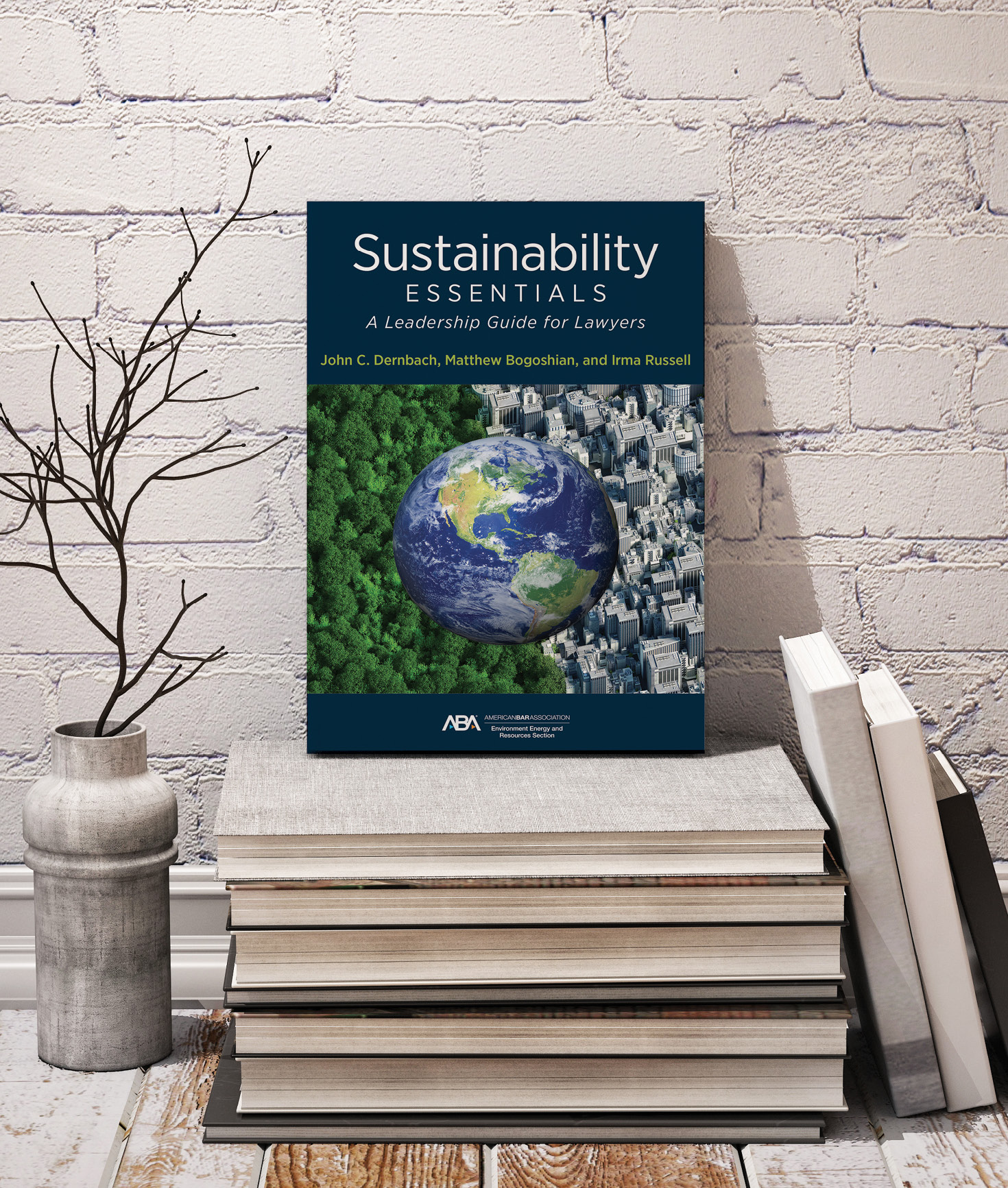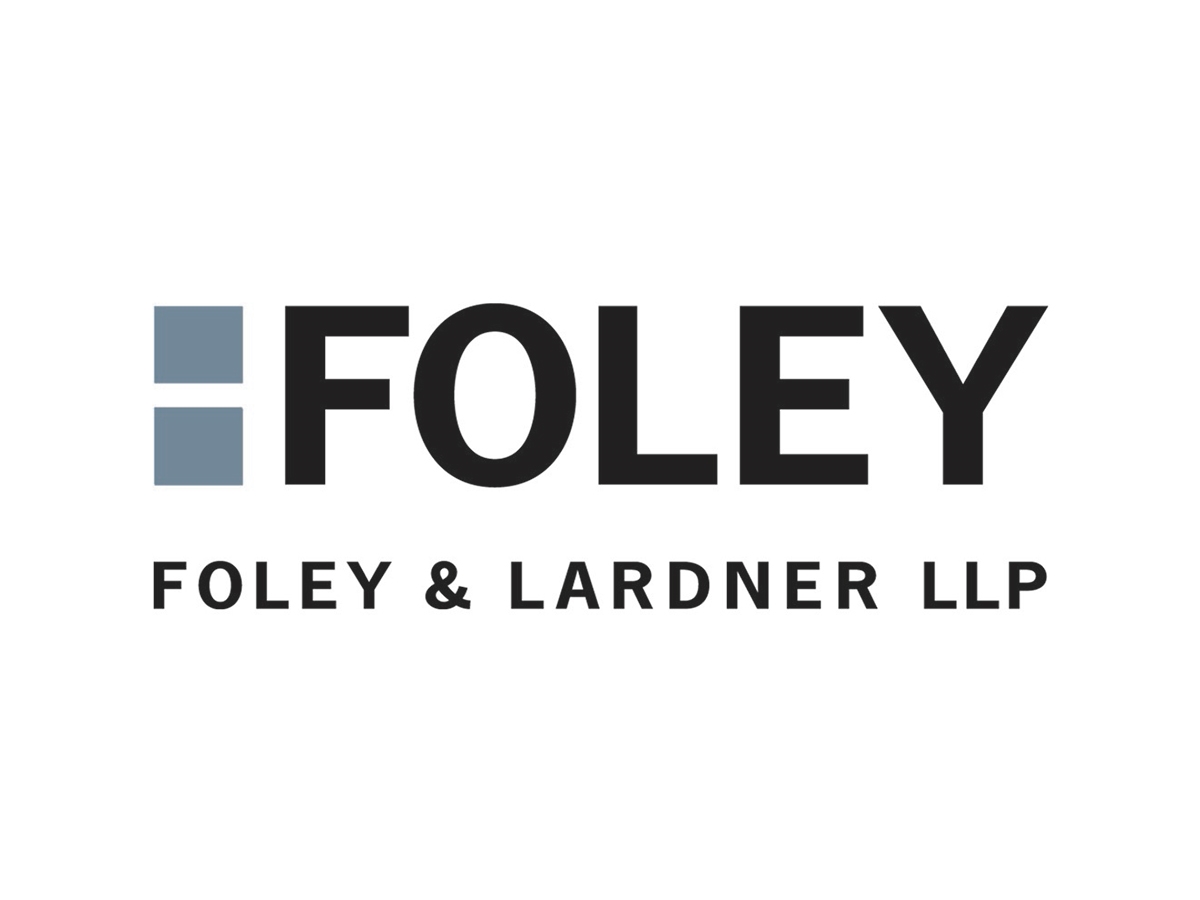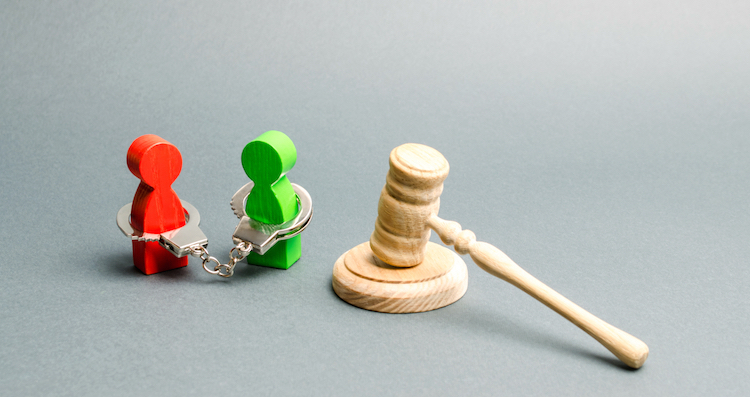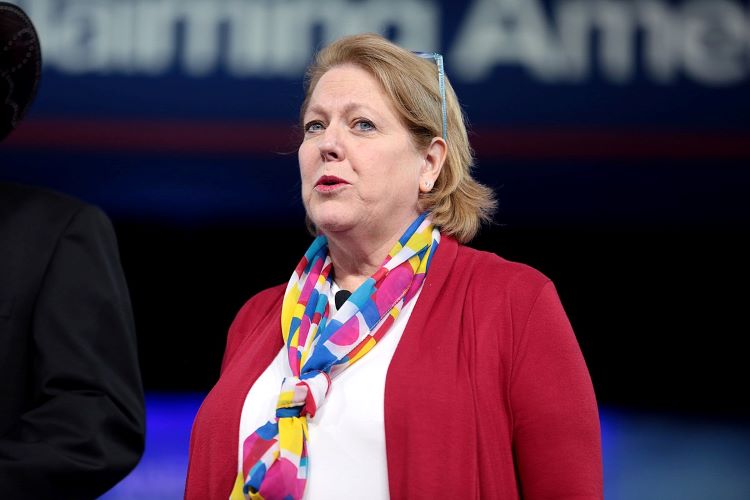More lawyers—and clients—want to learn about sustainable development practices
What’s on the Shelf?
More lawyers—and clients—want to learn about sustainable development practices
April 1, 2024, 1:20 am CDT
Sustainability Essentials: A Leadership Guide for Lawyers. Photo courtesy of ABA Publishing.
In 1992, under the banner of the United Nations, a global gathering of politicians, scientists, experts and nongovernment entities met in Rio de Janeiro for the “Earth Summit.” It was designed to draw an international blueprint for climate action and recognize that a climate-focused approach was urgently needed to move the world toward a survivable future. The United States was among the countries that ratified what became the U.N. Framework Convention on Climate Change, which placed sustainable development as the foundation of forming policies and other important decisions.
John Dernbach, the founding director of the Environmental Law and Sustainability Center at Widener University Commonwealth Law School, who attended the international event, believed harnessing sustainable development principles in policy work was an inspired approach. One of his legal colleagues back in the U.S., however, wasn’t quite convinced.
“I told him that I thought that sustainable development was really a good idea. And his response was to say, in less printable terms, ‘This is baloney,’” Dernbach recalled.
In 2018, the U.N. Intergovernmental Panel on Climate Change released a landmark report stating that significant, never-before-done changes were urgently needed to avoid calamitous levels of global warming. The world needed to limit global warming to a maximum average of 1.5 degrees Celsius by 2035 to prevent worsening climate disasters across the globe, food insecurity and the disappearance of coral reefs and natural wildlife, the report stated.
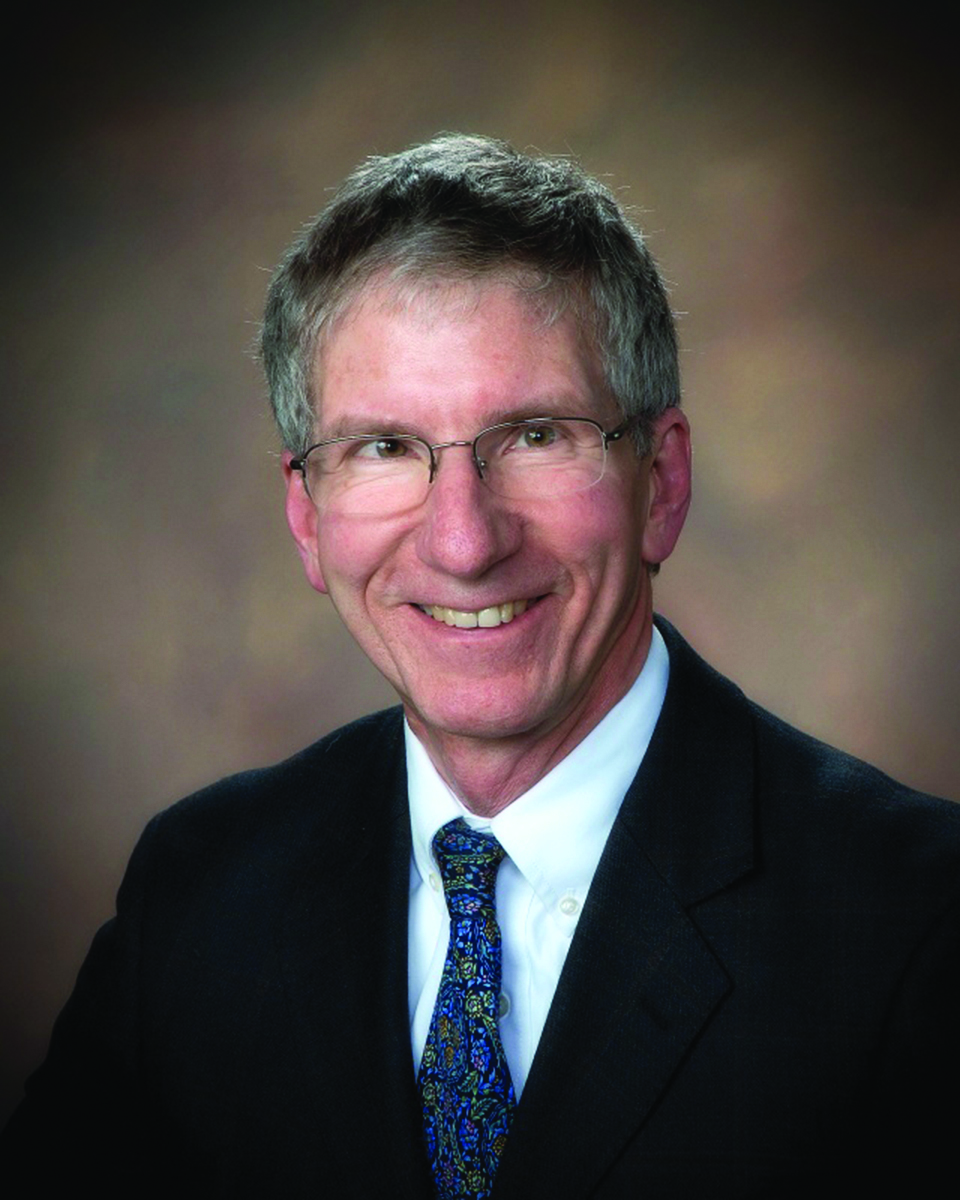
As many industries develop sustainable development practices, lawyers can play a role too. In a book released by ABA Publishing, Sustainability Essentials: A Leadership Guide for Lawyers, Dernbach, with co-authors Irma Russell and Matthew Bogoshian, provide digestible how-to tips for proactively infusing a sustainable development framework into legal work. That includes guiding clients to consider the economic, social and environmental ramifications of their actions. It’s something business lawyers are increasingly paying attention to as private companies try to respond to stakeholders’ demands to step up their role in building a sustainable future, Dernbach says.
He adds that attitudes about incorporating sustainable development practices in legal work have shifted in favor of being mindful of the climate crisis. As part of his scholarly work, Dernbach has interviewed dozens of lawyers at firms that explicitly made sustainable development frameworks key selling points of their practices, adopting an entirely different approach to their practice of law through a sustainable development lens. The results of those interviews were published in a 2017 Denver University Law Review article titled “Sustainable Development in Law Practice: A Lens for Addressing All Legal Problems.”
Through his interviews, Dernbach found that these lawyers were helping clients go beyond basic compliance with environmental laws. “They weren’t looking simply [at] compliance with laws but how to help their clients anticipate future laws, looking at the social and environmental consequences in particular … a lot harder than you might otherwise look at them,” Dernbach says.
A company’s commitment toward sustainable development can be assessed through environmental, social and governance factors. According to a 2020 McKinsey Global Survey, 83% of C-suite leaders predict that environmental, social and governance programs will add “more shareholder value” within the next five years.
Clients need lawyers to guide them through the legal maze of netting positive environmental, social and governance outcomes in an honest and legally defensible way, according to Dernbach.
“A company might say, ‘We’re going to net zero emissions’ but have no plan to get there,” he says.
Some lawyers may not know how to start implementing a sustainable development approach in their work even if they want to. The first step they can take is to recognize how climate change impacts their clients—whether it’s in the form of the client’s business being located in a place vulnerable to flooding or wildfires, for example, or perhaps through an impacted supply chain. The lawyer can then assess how that relates to their legal work for the client and identify ways to bring the pillars of sustainable development into that work. But it all begins with the first step.
“Wherever a lawyer is working, in whatever area of law at whatever level in their organization, there are opportunities to help clients make more sustainable decisions,” Dernbach says.
This story was originally published in the April-May 2024 issue of the ABA Journal under the headline: “Warming Up: More lawyers—and clients—want to learn about sustainable development practices”

